|
|
|
Editor's note
|
|
It’s been nearly five decades since Kwame Nkrumah died. He’s nevertheless still considered by many as the father of modern Ghana given his role in leading the West African nation to independence from Britain, the first country to do so. But his legacy is not without controversy and debates about his role and his decisions remain as robust and heated as ever. Akwasi Kwarteng Amoako-Gyampah discusses why this is the case.
Migration in southern Africa has been in the spotlight following the release of a report by a special global commission into health and migration. A big challenge is that patterns of migration are constantly shifting. For example, more women are on the move. Rebecca Walker and Jo Vearey explain what this means for policies. For their part three commissioners involved in the global report - Stephen Tollman, Davide Mosca and Miriam Orcutt – set out its main findings. Sasha Frade, Jo Vearey and Stephen Tollman explain why South Africa’s health system needs to engage with migration while Sasha Frade and Jo Vearey highlight a glaring weakness in the country’s National Health Insurance plans. Finally, Mark A. Collinson and Carren Ginsburg report on a project that provides statistics on migration and urbanisation.
|
Godfred Boafo
Commissioning Editor: Ghana
|

|
|
Top Stories
|
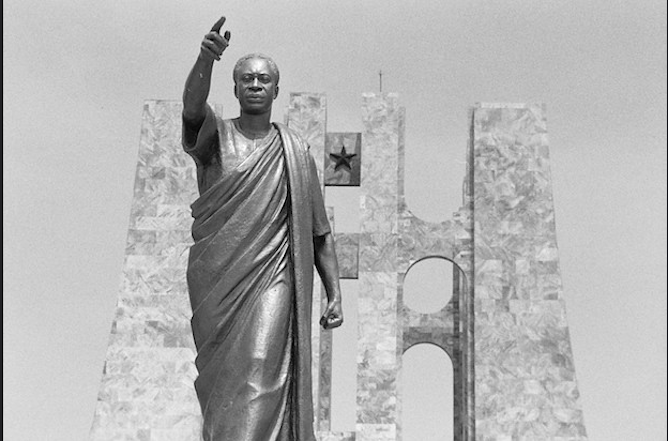
Statue of Kwame Nkrumah at his mausoleum in Accra.
Flickr
Akwasi Kwarteng Amoako-Gyampah, University of Education
Like many great men, the legacy of Ghana's independence hero is not uncontested.
|
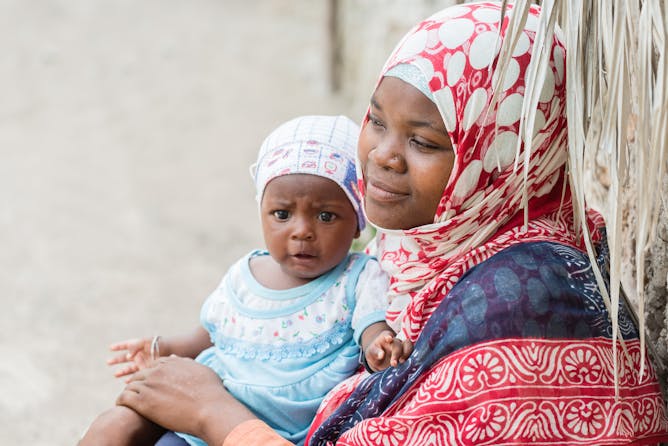
Women and girls on the move are often framed as victims.
Shutterstock
Rebecca Walker, University of the Witwatersrand; Jo Vearey, University of the Witwatersrand
Health responses need to take on board the fact that the number of women and girls migrating across borders as well as within countries is growing.
|
Migration and health
|
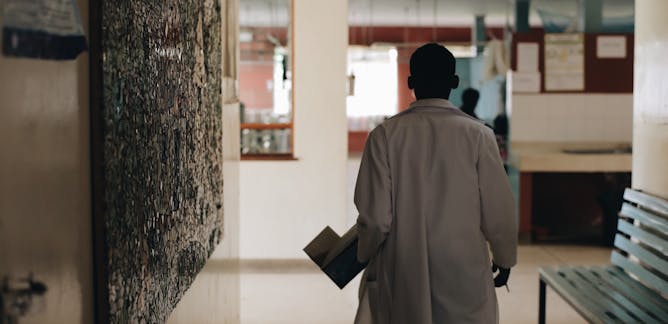
Stephen Tollman, University of the Witwatersrand; Davide Mosca, UCL; Miriam Orcutt, UCL
Health systems are generally structured around nation-states. Migration, especially across national borders, therefore leads to challenges.
| |
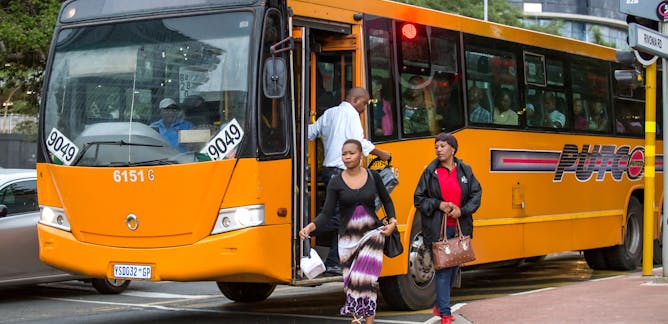
Mark A. Collinson, University of the Witwatersrand; Carren Ginsburg, University of the Witwatersrand
Keeping track of migration and urbanisation is challenging, but it's vital for population health that migration and urbanisation is well understood and planned for.
|
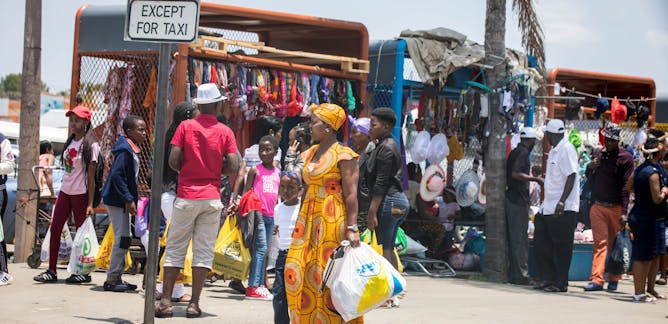
Sasha Frade, University of the Witwatersrand; Jo Vearey, University of the Witwatersrand; Stephen Tollman, University of the Witwatersrand
It's difficult to keep track of the medical records of patients on the move and some may be lost to follow-up, presenting further public health challenges and population-wide risks.
| |
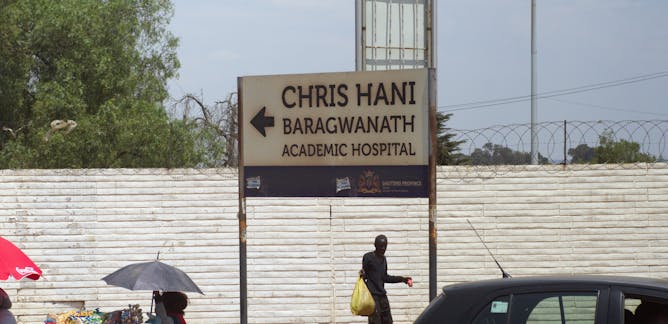
Sasha Frade, University of the Witwatersrand; Jo Vearey, University of the Witwatersrand
Excluding international migrants from the public health care system can result in a population wide risk.
|
|
|
In the news
|
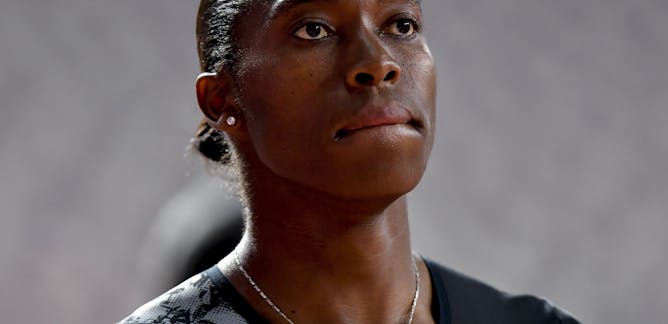
Steve Cornelius, University of Pretoria
If the Semenya ruling by the Court for Arbitration in Sport remains unchallenged, this way of thinking and behaving might filter into the International Olympic Committee
| |

Michael Sean Pepper, University of Pretoria
Global attitudes to gender and sexual diversity are changing. Some embrace the diversity; others push back.
|
|
|
Podcast
|
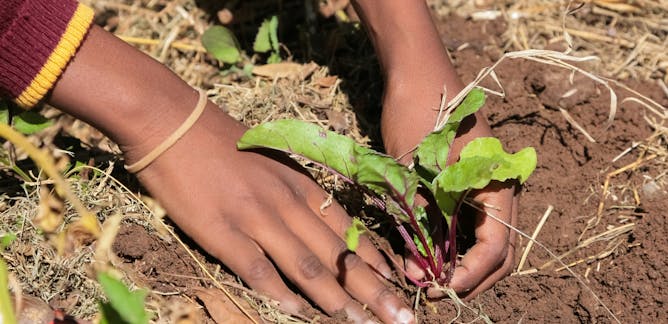
Ozayr Patel, The Conversation
There’s a perception among young South Africans that farm jobs are back-breaking and financially unappealing.
| |
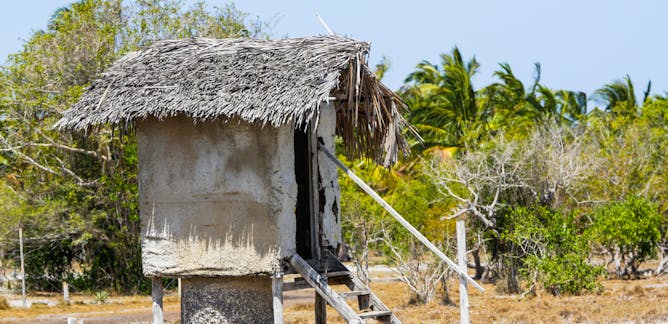
Ozayr Patel, The Conversation
Technology is only part of the solution to giving people access to sanitation.
|
|
|
From our international editions
|

Janie Hoormann, The University of Queensland
If you got too close to a black hole, it would suck you in and you'd never be able to escape, even if you were travelling at the speed of light.
This point of no return is called the event horizon.
| |
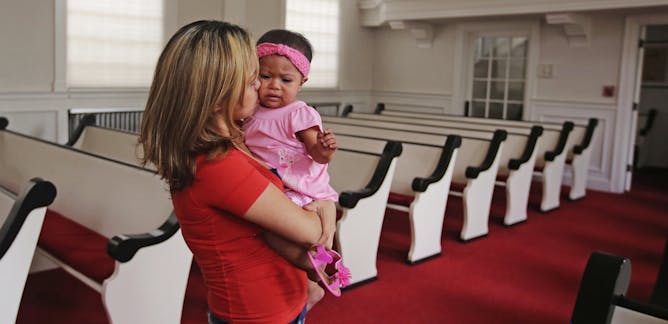
Mario Garcia, University of California, Santa Barbara
The number of migrants living in churches has spiked recently in anticipation of threatened immigration raids, but churches have long protected refugees in an act of faith-based civil disobedience.
|

Anita Layton, University of Waterloo; Mehrshad Sadria, University of Waterloo
Mathematics researchers have developed a technique for detecting autism that could eventually make a diagnostic process faster and less stressful for children and families.
| |

Jacco van Loon, Keele University
We haven't heard anything from alien civilisations, but perhaps they've heard us.
|
|
|
| |
| |
| |
| |
Would you like to republish any of these articles?
|
|
It’s free to republish, here are the guidelines.
Contact us on africa-republish@theconversation.com in case you need assistance.
|
| |
| |
| |
| |
|
|
|
|
|
|
|